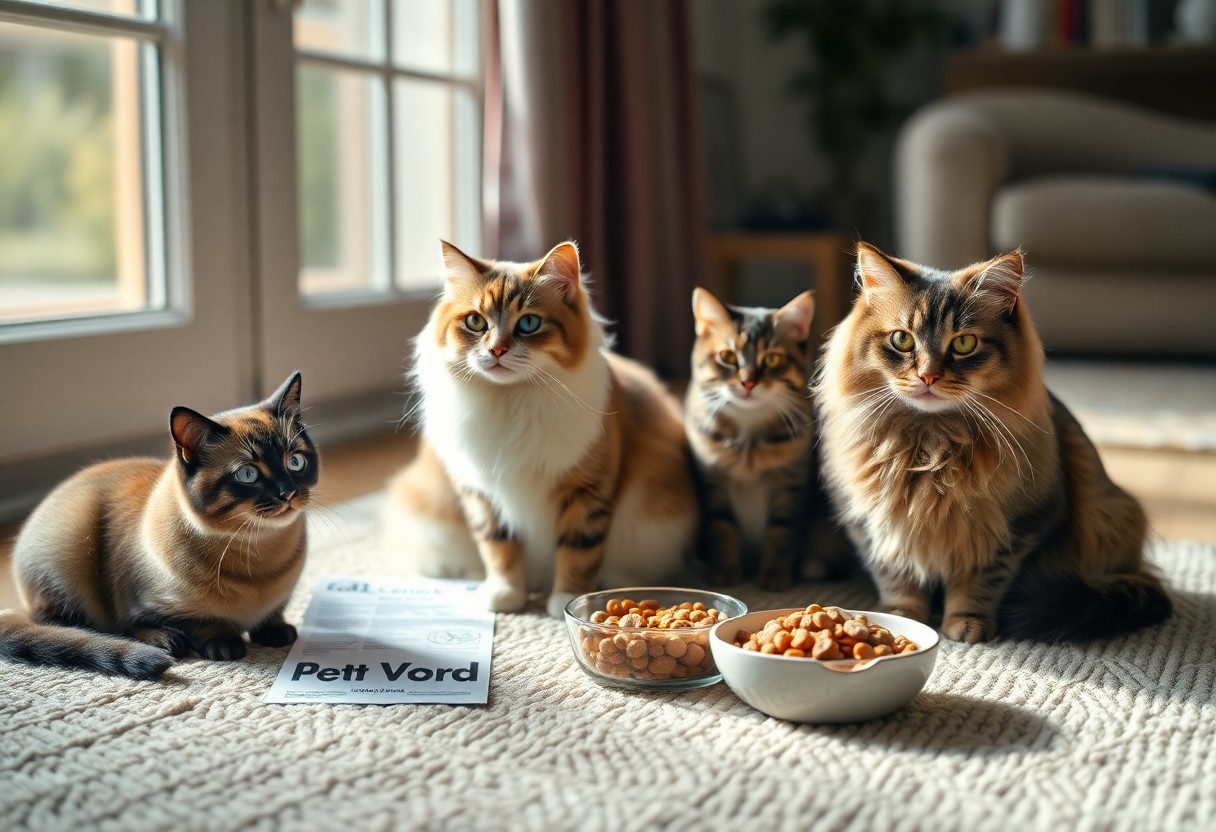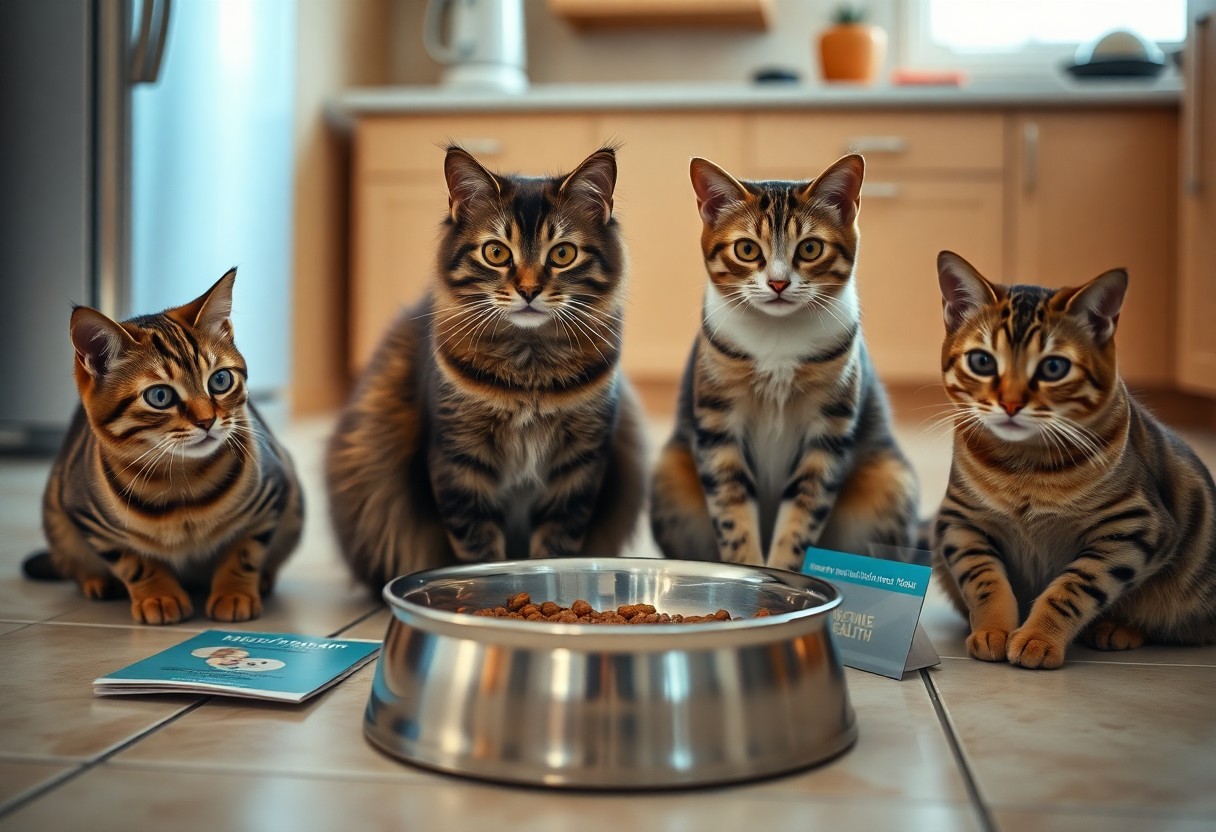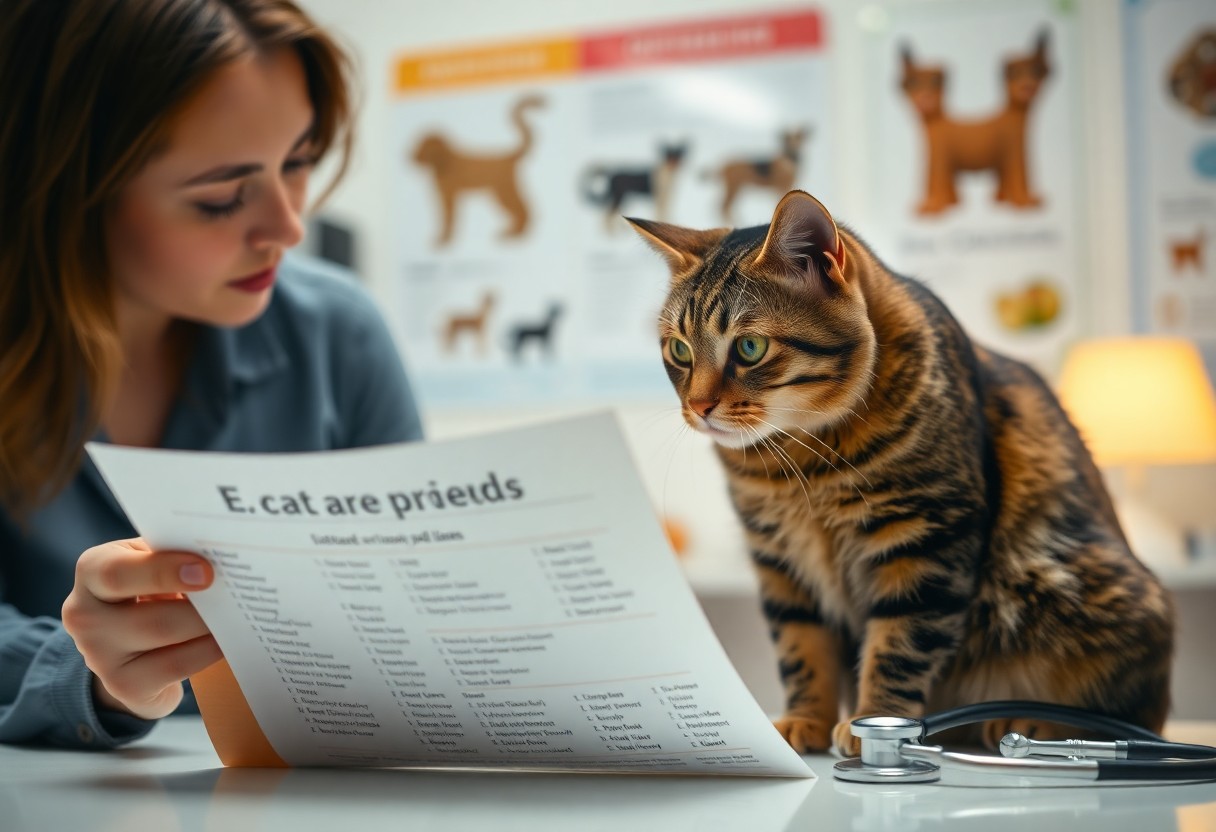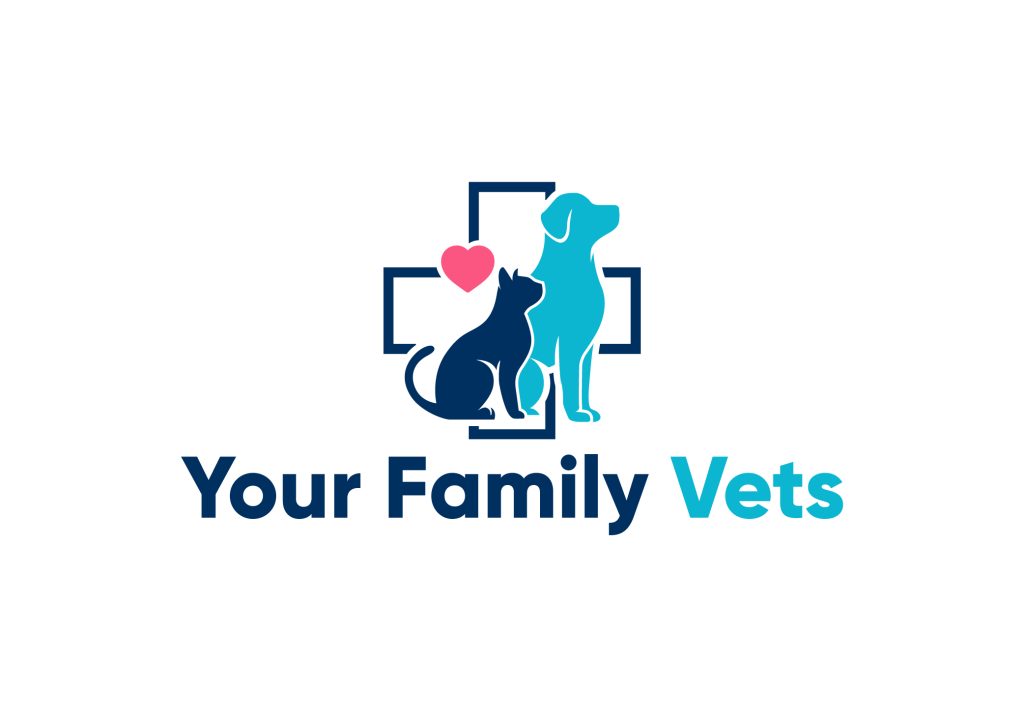Cat breeds can vary significantly in their health tendencies, and some are particularly prone to stomach issues. If you own or are considering a breed that is known for gastrointestinal problems, understanding their needs is crucial for your pet’s well-being. This guide will help you identify these breeds and equip you with the knowledge to mitigate potential issues, ensuring a happier and healthier life for your furry companion.

Understanding Stomach Issues in Cats
Stomach issues in cats can manifest in various ways and might be due to dietary imbalances, stress, or underlying health conditions. Your cat may experience discomfort, which can lead to more serious health issues if not addressed promptly. It’s crucial to be vigilant about any changes in your cat’s behavior or eating habits, enabling early intervention and better outcomes for their digestive health.
Common Symptoms
Signs of stomach issues often include persistent vomiting, diarrhea, loss of appetite, and weight loss. Additionally, you might notice your cat showing signs of discomfort such as lethargy or unusual hiding behavior. Observing these symptoms can help you identify potential problems quickly and communicate them to your veterinarian for a proper diagnosis.
Digestive Health Factors
Several factors contribute to your cat’s digestive health. A balanced diet rich in fiber, appropriate hydration, and the right type of protein can all play significant roles. Stress levels, sometimes underestimated, can greatly impact your cat’s digestive system, leading to conditions like irritable bowel syndrome. Each of these elements needs consideration to maintain optimal stomach health.
- Balanced diet is vital for digestive health.
- Hydration helps prevent constipation and other issues.
- Protein types should suit your cat’s dietary needs.
- Stress management can improve digestive functions.
In addition to diet and hydration, your cat’s environment should also promote wellness. Offering a stable living space with minimal disruptions can help alleviate stress-related digestive disturbances. Regular vet check-ups ensure that any emerging digestive issues can be caught early and effectively managed. This fosters a healthy lifestyle for your cat.
- Stable environment reduces stress levels.
- Regular vet check-ups are crucial for early detection.
- Prevention strategies should be practiced consistently.
Cat Breeds Prone to Stomach Issues
Certain cat breeds are more likely to experience stomach issues than others, often due to genetic predispositions and dietary needs. Understanding these tendencies can help you take preventive measures and provide the best care for your feline friend. For instance, some breeds may struggle with food sensitivities or gastrointestinal disorders, requiring specific dietary management to prevent discomfort and health complications.
Persian Cats
Persian cats are known for their luxurious coats and flat faces, but they are also prone to dental problems and irritable bowel syndrome (IBS). These conditions can lead to chronic vomiting and diarrhea, which may significantly impact their overall health. You should monitor their diet closely and ensure they receive regular veterinary check-ups to maintain their digestive well-being.
Siamese Cats
Siamese cats often exhibit sensitivity to certain foods and can develop conditions such as inflammatory bowel disease (IBD) or food allergies. This breed tends to have a more delicate digestive system, making it necessary for you to provide a consistent, high-quality diet tailored to their needs. Regular monitoring of their eating habits and stool quality can help in early detection of any potential issues.
Due to their unique genetic makeup, Siamese cats are often susceptible to specific digestive problems. They may experience frequent episodes of vomiting or diarrhea, especially when exposed to sudden dietary changes. These cats are also known for being vocal and active, making it crucial for you to offer them a diet rich in nutrients while avoiding fillers and artificial ingredients that can aggravate their sensitive stomachs. Keeping a consistent feeding schedule can help stabilize their digestive health.

Managing Stomach Issues in Affected Breeds
Addressing stomach issues in breeds prone to such conditions involves a multifaceted approach. Monitoring your cat’s behavior and dietary habits is crucial, as even minor changes can signal digestive distress. Providing a calm environment can alleviate stress, which is often a contributor to stomach problems. Incorporating vet advice into your management plan will enhance your cat’s overall well-being.
Dietary Recommendations
Opt for high-quality, easily digestible foods specifically formulated for sensitive stomachs. Consider including novel protein sources such as duck or venison if your cat shows allergies to common proteins like chicken or beef. Regularly incorporating fiber, such as pumpkin or specialized cat food, can aid digestion and prevent constipation.
Regular Vet Check-ups
A routine that includes periodic vet visits ensures early detection and management of potential stomach issues. Your veterinarian can track your cat’s health progression and assess dietary needs more effectively. Frequent check-ups help you to make informed decisions about food changes, monitor weight, and address any emerging health concerns before they escalate.
Annual check-ups often lead to the identification of underlying issues like food allergies or intolerances. For breeds susceptible to stomach disorders, biannual visits may be advisable to catch problems early. During these appointments, discussing any changes in your cat’s eating habits, litter box behavior, or overall demeanor will provide your vet with valuable insights for tailored solutions.
Prevention Strategies for Cat Owners
Implementing effective prevention strategies can significantly reduce the risk of stomach issues in your cat. Regular veterinary check-ups help in early identification of any health concerns. Additionally, maintaining a stable routine concerning feeding and playtime contributes to your cat’s overall well-being. Creating a stress-free environment will also minimize digestive problems linked to anxiety.
Routine Care Practices
Your cat’s health can greatly benefit from consistent routine care. Regular grooming helps reduce hairballs, a common digestive issue, while maintaining a balanced diet tailored to their specific needs supports optimal digestion. Regular exercise is crucial to prevent obesity, which can exacerbate stomach issues.
Identifying Food Sensitivities
Many cats develop food sensitivities, which can lead to stomach discomfort. Keep a food diary for your cat, noting any symptoms in relation to their diet. Introduce new foods gradually and opt for limited-ingredient diets to pinpoint intolerances effectively. Consulting a veterinarian may provide additional insights tailored to your cat’s health history.
Identifying food sensitivities often involves a process of elimination. Start by selecting a single protein source and monitor your cat’s reaction over several weeks. If gastrointestinal symptoms persist, switch to another protein while eliminating potential allergens like wheat or dairy. Observing any changes in behavior or stool quality can guide you toward a more suitable diet. Consider conducting dietary trials under your vet’s guidance for a comprehensive approach that allows for a clear understanding of your cat’s nutritional needs and sensitivities.

When to Seek Veterinary Attention
Identifying the right time to consult a veterinarian is vital for your cat’s well-being. If your cat exhibits persistent symptoms such as vomiting, diarrhea, lack of appetite, or lethargy for more than 24 hours, a trip to the vet is warranted. Additionally, any signs of pain, bloating, or significant changes in behavior should be addressed immediately, as they could indicate serious underlying issues.
Warning Signs
Be vigilant for warning signs that suggest gastrointestinal distress in your cat. Symptoms such as frequent vomiting, bloody stools, or excessive drooling might be indicators of more severe conditions. Increased vocalization or hiding behaviors can also signify pain or discomfort. Promptly noticing these signs can make a significant difference in effective care.
Importance of Timely Intervention
Timely intervention often leads to better outcomes in managing your cat’s gastrointestinal issues. Delays in seeking treatment can result in complications, such as dehydration or severe infections, which are more challenging to treat and can escalate healthcare costs. Early diagnosis and management can often mean less invasive treatments and a quicker recovery.
Studies show that cats experiencing gastrointestinal symptoms for more than 48 hours face a higher risk of developing chronic conditions, making immediate veterinary attention crucial. For instance, cats with untreated inflammatory bowel disease can develop more severe complications, including gastrointestinal tumors. By acting promptly, you not only potentially prevent serious health issues but also enhance your cat’s quality of life and overall longevity. Keeping a close eye on any behavioral or dietary changes can provide you with the critical information your veterinarian needs for effective treatment.
Nutrition and Stomach Health
Optimizing your cat’s diet plays a significant role in preventing and managing stomach issues. Choosing high-quality, easily digestible foods can reduce gastrointestinal stress and prevent discomfort. It’s important to pay attention to the specific nutritional needs of your cat’s breed, as some breeds may have unique sensitivities. Regularly monitor your cat’s reaction to different foods and adjust accordingly to maintain optimal stomach health.
Best Food Options
Selecting the right food for your cat involves prioritizing high-quality ingredients and balanced nutrition. Look for brands that offer grain-free options or those formulated specifically for sensitive stomachs. Ingredients like turkey, chicken, or fish provide excellent protein sources while minimizing potential allergens. Additionally, consider options that include prebiotics and digestive enzymes to enhance gut health and support overall digestion.
Supplements and Probiotics
Incorporating supplements and probiotics can significantly improve your cat’s digestive health. Probiotics help restore beneficial gut bacteria, particularly after episodes of gastrointestinal distress. Look for feline-specific probiotics that contain strains like Lactobacillus or Bifidobacterium, which effectively support digestion. Always consult your veterinarian before introducing any new supplements to ensure they align with your cat’s unique health needs.
Probiotics come in various forms, including powders, capsules, and treats, making it easy to find suitable options for your cat’s preferences. Many studies indicate that consistent use of probiotics can reduce the incidence of common stomach ailments and promote overall digestive comfort. Additionally, supplements such as fish oil may also be beneficial for reducing inflammation and enhancing gut health, making them a positive addition to your cat’s diet if recommended by your veterinarian.
To wrap up
Following this, understanding the cat breeds prone to stomach issues can help you make informed decisions about your pet’s health. Recognizing early signs of gastrointestinal discomfort allows you to seek timely veterinary care, potentially avoiding serious complications. By providing a balanced diet, regular vet check-ups, and monitoring your cat’s behavior, you can enhance their quality of life. Staying informed about breed-specific health concerns will empower you to be a proactive cat owner.
FAQ
Q: Which cat breeds are most likely to experience stomach issues?
A: Breeds such as Siamese, Burmese, and Ragdolls are known to be more prone to stomach issues due to genetic factors that can affect digestion.
Q: What are common symptoms of stomach issues in cats?
A: Symptoms may include vomiting, diarrhea, loss of appetite, lethargy, and excessive grooming of the abdomen. Observation of any unusual behavior can indicate gastrointestinal distress.
Q: How can owners help manage their cat’s stomach health?
A: Owners can provide a high-quality, balanced diet, ensure access to fresh water, and monitor for food intolerances. Regular veterinary check-ups are also recommended to address potential issues early.
Q: Are there specific diets that can benefit cats with stomach issues?
A: Yes, diets that are easily digestible, low in fat, and made from high-quality proteins can help. Prescription diets formulated for gastrointestinal health may also be advised by veterinarians.
Q: When should a cat owner seek veterinary help for stomach problems?
A: If a cat shows persistent symptoms such as vomiting or diarrhea lasting over 24 hours, or if there are signs of pain or distress, a veterinarian should be consulted for further evaluation.

